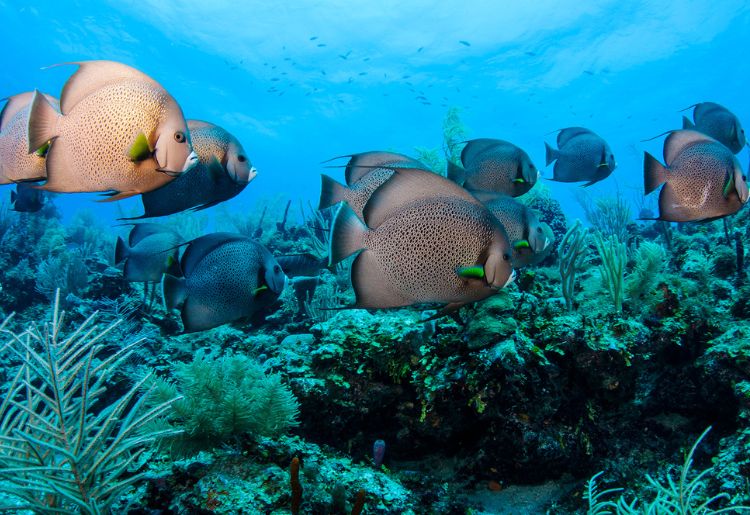It is very easy to take elements of nature for granted. After all, they were there before we were born, we are experiencing them now, and they may be there after we are gone. But what happens when you see elements of nature disappearing right before your eyes? For organisations like the Oceanic Society, who are engaged in environment and marine conservation projects, the only way to react to these changing elements is to take action now.
The Oceanic Society is the oldest non-profit organisation in the United States. It was founded to take care of our oceans and educate people about the issues surrounding ocean health. Over the years, the society has taken on many issues that affect the oceans. Overfishing, pollution, and climate change have resulted in a loss of marine resources, unhealthy and dying ecosystems and disappearing species.
As a result of these problems, the society and its partners have expanded their efforts to:
- Bring the ocean into our lives with Blue Habits
- Support efforts to protect threatened marine species
- Conduct life changing expeditions and learning experiences



